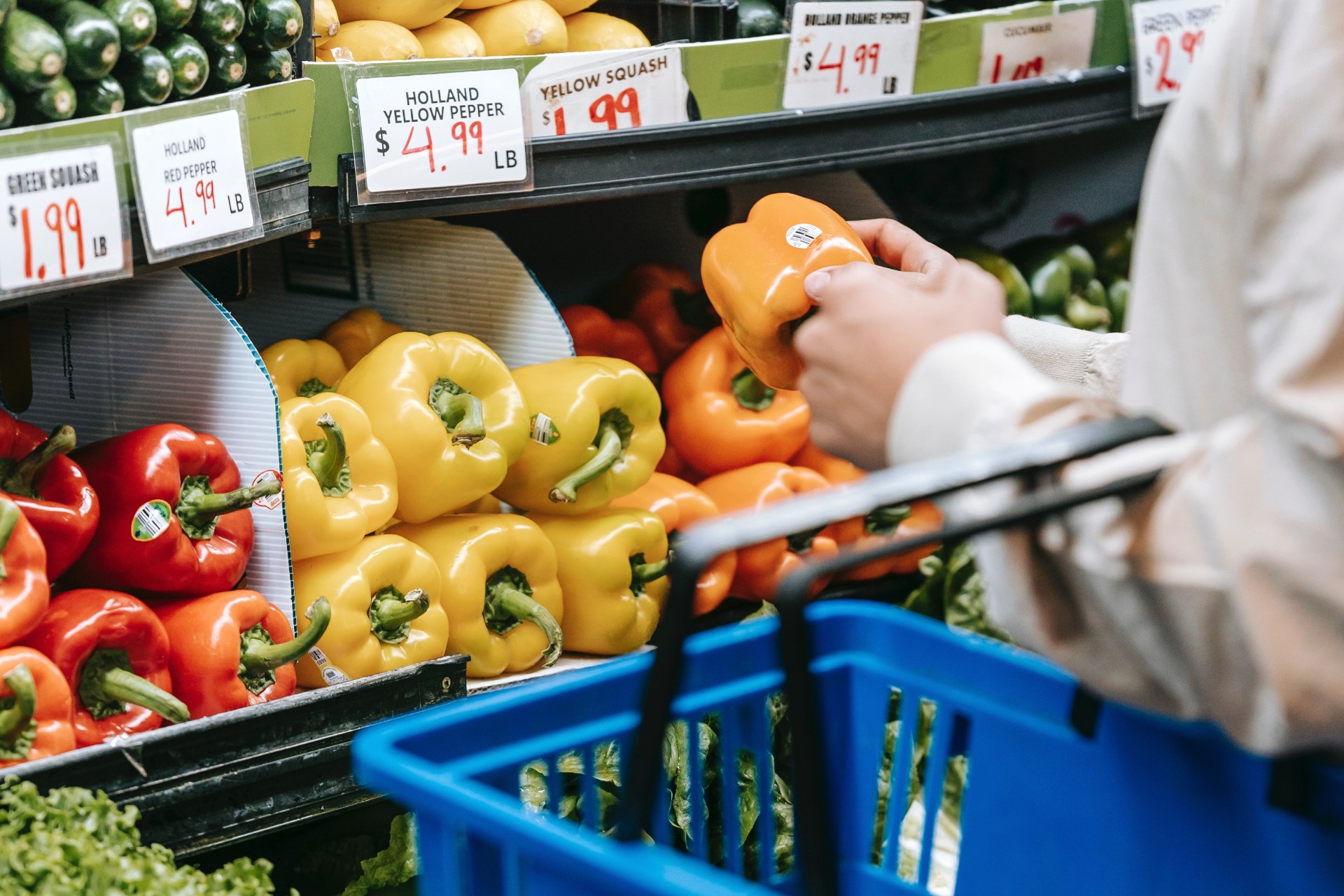Cashiers have possibly the most challenging job in the supermarket. They are a customer’s final (and most lasting) impression at any store.
These cashiers factors determine the shopper’s experience. Despite being low-paid or even entry-level employees, cashiers collect most of a grocery store’s payments. So, why is there an increasing tendency to automate, self-checkout, and cashier-less technologies?
Until recently, cashiers were essential in retail. But upcoming federal rate hikes are causing small business owners to lose sleep.
Cashiers are the front-line employees, ringing up customers and counting every payment. A precise till is your savior. Miss it too frequently, and you lose your job. So you’re counting money and being mindful of delivering exact change.
Every hour, you herd hundreds of people, establishing eye contact, smiling, and initiating small chats. To help them discover their gluten-free cauliflower crust pizzas, diners on special diets had to search in the cooler, not the freezer.
Nothing new here.
When an item doesn’t scan properly, or a consumer believes the sale price was X instead of Y, you call your supervisor to help resolve the issue.
It’s essential to be diplomatic when the grocery section is out of a customer’s favorite item or when out of stock is over 20% of a customer’s favorite things and to thank them for their patronage. When clients complain about rising pricing, you respond politely and effectively.
Every shift, a bagger packs clients’ things into shopping bags and loads them onto carts. 15, 20 times each hour, you have to move from scanning products and counting change to bagging yourself.
When your business installed automated self-checkout kiosks, they assigned a few staff to monitor their usage. Most clients still preferred cashier checkouts.
Cashiers are essential in retail. So why do stores try so hard to get rid of cashiers?
Cashierless technology is coming to tech-enabled retailers. Big and small. Executives and cheerleaders contend that it reduces wait times, congested kiosks, and possible Covid-19 exposures. Customers may pick up their items and go out without interacting with anybody.
But, like other digital advancements like click and collect, the technology will impact store operations. Cashier-less technology not only eliminates cashiers but also needs rigorous retail discipline, de-skilling, and store supervision.
The planogram from corporate HQ dictates where each product goes. Someone must front products often to ensure proper inventory and scanning. Everything on the shelf and out the door is monitored and quantified in real-time. Changing the merchandising to fit seasons, location, or changing consumer preferences is not an option for a clerk. This new retail ecosystem monitors shops, items, employees, and consumers. Is the merchant a panopticon for convenience?
Cashiers, a service business in itself, are threatened by automation.
Cashiers accounted for 3.3 million jobs in 2018, ranking third among all occupations. Jobs in retail sales or cashier are widespread in 46 states.
The supermarket business employs about 865,000 cashiers or 30% of the total employment. Retail employees are often younger, female, and disproportionately Black, Latino/Hispanic, and immigrant. Most cashiers have no college degrees and are roughly twice as likely to be on Medicaid.
Unlike their European counterparts, who have more vital unions and better working conditions, most American cashiers must stand all day at the register.
In 2019, the mean hourly salary for cashiers was $12.00, while the median annual income for full-time cashiers was $22,100. They are underpaid and underestimated since their job is to gather and account for every retail transaction. They make up for the lack of hourly pay by enormous numbers. A busy business will have 10 to 30 cashiers working at any one time.
Getting rid of cashiers is about streamlining retail labor; businesses won’t relocate those roles.
Reduced costs directly enhance the bottom line. Grocery stores budget 12-15 percent of sales for labor, whereas mass merchants and discounters spend less. Cashier teams account for 20-25 percent of work in certain stores.
This technology’s partial implementation would appeal to retailers hoping to save 2-3% on expenses, even if it changed operations and the customer experience.
Is it possible? Online ordering, delivery, and click and collect were unthinkable only a decade ago.
Females and people of color make up the majority of cashiers.
This technology’s broad adoption would remove hundreds of thousands of jobs.
In non-inflationary periods, stores without cashiers may offer somewhat reduced costs for customers. So business owners may spend earnings in expansion and market share increase. Scale is essential in the retail industry with limited Robinson-Patman Act monitoring.
The difference will presumably return to institutional shareholders and executives as buybacks, dividends, and bonuses. Whether or not holdouts embrace the technology, the sector as a whole will be under pressure to reduce labor costs.
However, working in retail during the epidemic has forced many supermarket employees to rethink their careers.
Hundreds of thousands of people have changed employment or left the supermarket sector in the last year. With low pay, inadequate benefits, and unpredictable schedules, retail employees lead the so-called Great Resignation.”
Many stores have boosted pay and benefits to attract and keep employees. Still, these increases are often significantly below what most large metro regions consider livable.
To put it another way, this is what the minimum wage would be if it had kept up with productivity growth since the 1960s. Retailers have utilized personnel shortages to invest in greater automation. Consequently, de-skilling technology. It may indicate that these jobs are gone for good.
But presuming labor should be replaced by AI in the interest of convenience and narrowly defined consumer sovereignty is a fair dose of misanthropy. Are living pay, good benefits, and safe and pleasant working conditions antiquated and unattainable? The technology historian David F. Noble seems to foresee the authoritarian nature of automation.
Thank your cashier for their hard work next time you shop. Maybe call the store management and thank the cashiers…before they’re gone.

